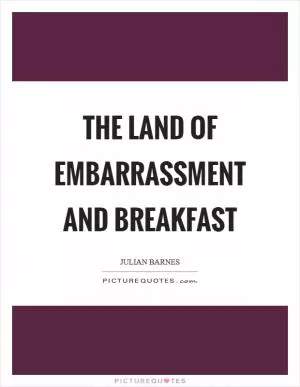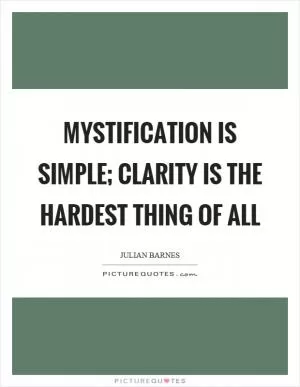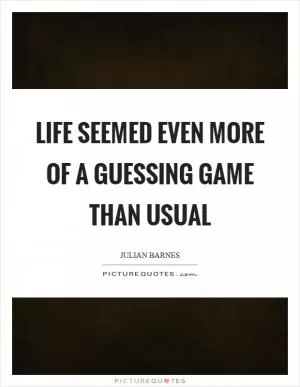Most people, in my opinion, steal much of what they are. If they didn't what poor items they would be

Most people, in my opinion, steal much of what they are. If they didn't what poor items they would be
In the context of Julian Barnes, the statement "Most people, in my opinion, steal much of what they are. If they didn't what poor items they would be" can be interpreted in a variety of ways. Barnes, a renowned British author known for his introspective and thought-provoking novels, often explores themes of identity, memory, and the complexities of human nature in his work. This statement could be seen as a reflection of Barnes' belief in the fluidity and complexity of individual identity.Barnes' novels often feature characters who grapple with questions of authenticity and self-discovery. In works such as "The Sense of an Ending" and "Flaubert's Parrot," Barnes delves into the ways in which people construct their identities through memory, perception, and storytelling. The idea that people "steal much of what they are" could be interpreted as a recognition of the ways in which individuals borrow, adapt, and reinterpret aspects of their identities from the world around them.












 Friendship Quotes
Friendship Quotes Love Quotes
Love Quotes Life Quotes
Life Quotes Funny Quotes
Funny Quotes Motivational Quotes
Motivational Quotes Inspirational Quotes
Inspirational Quotes